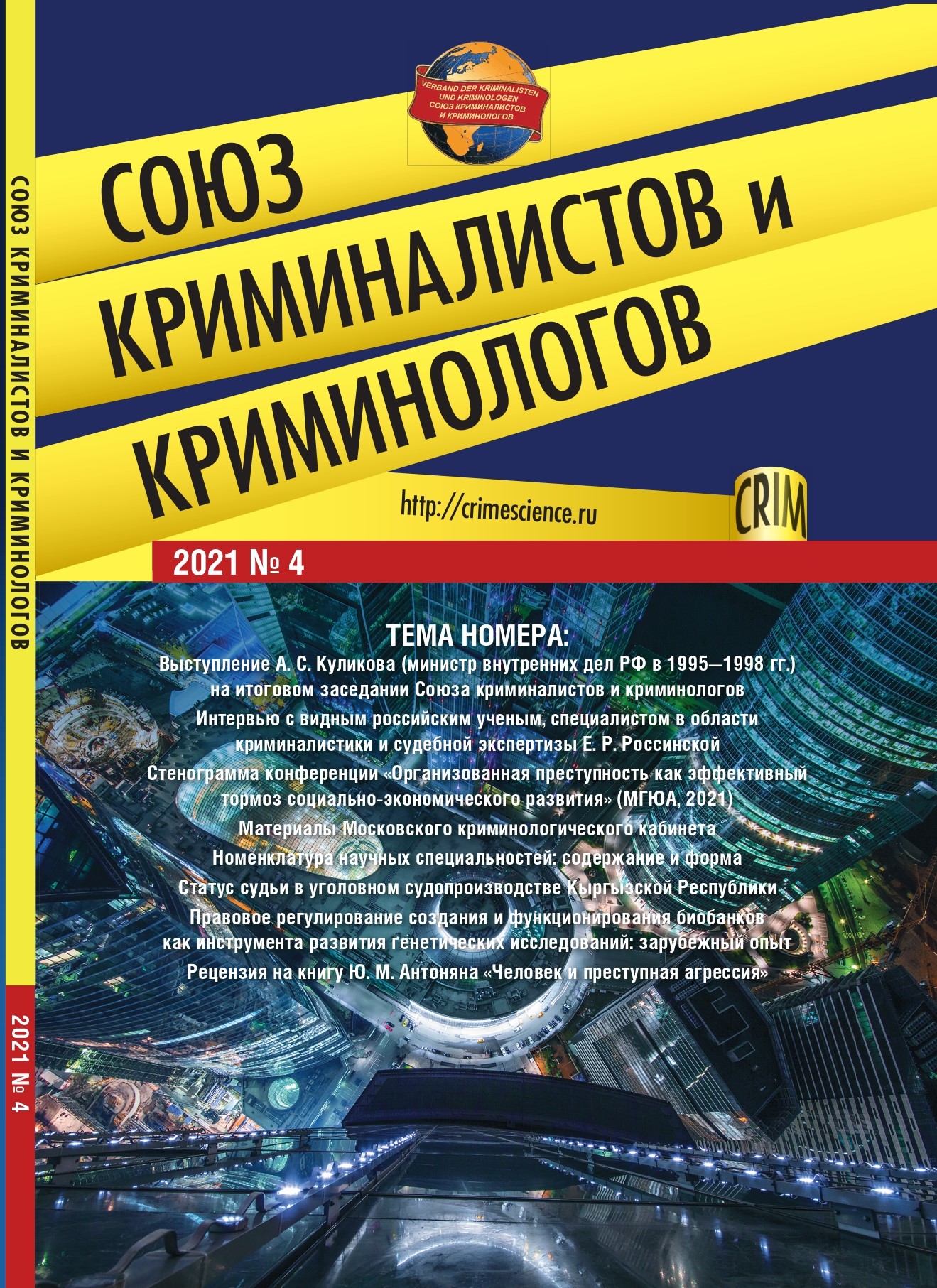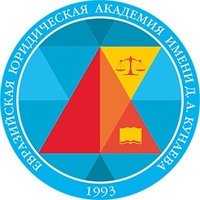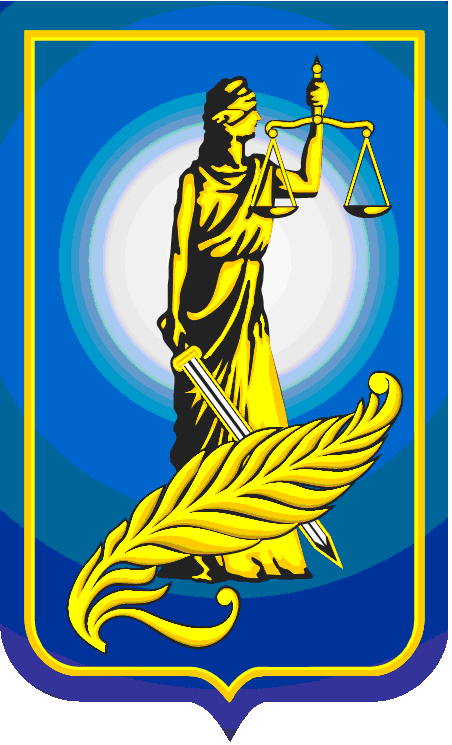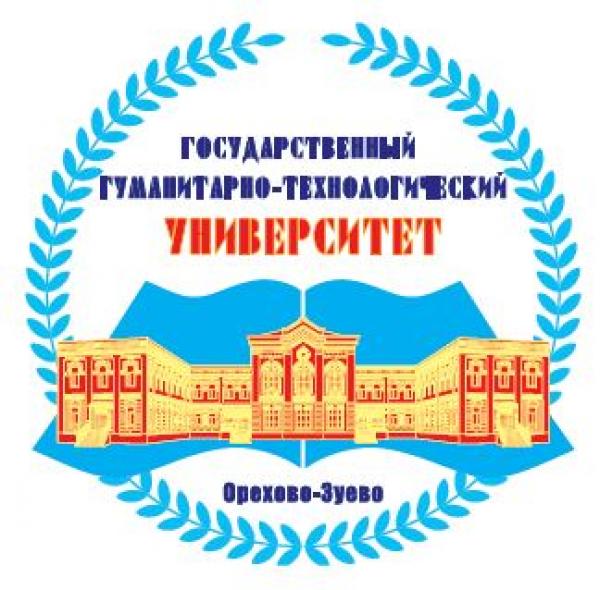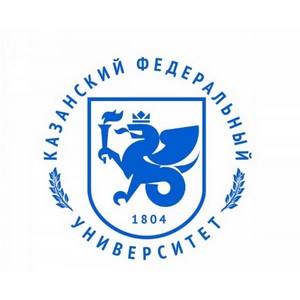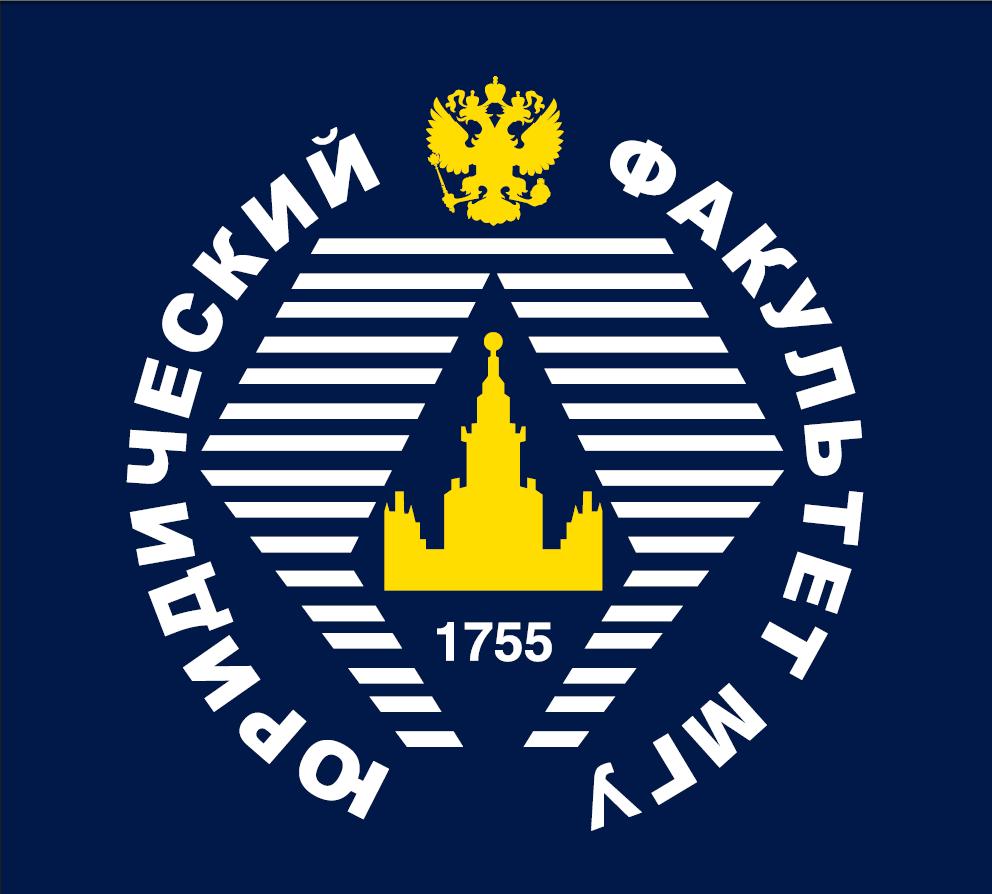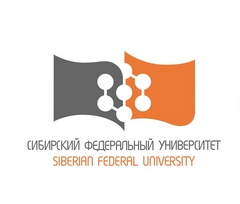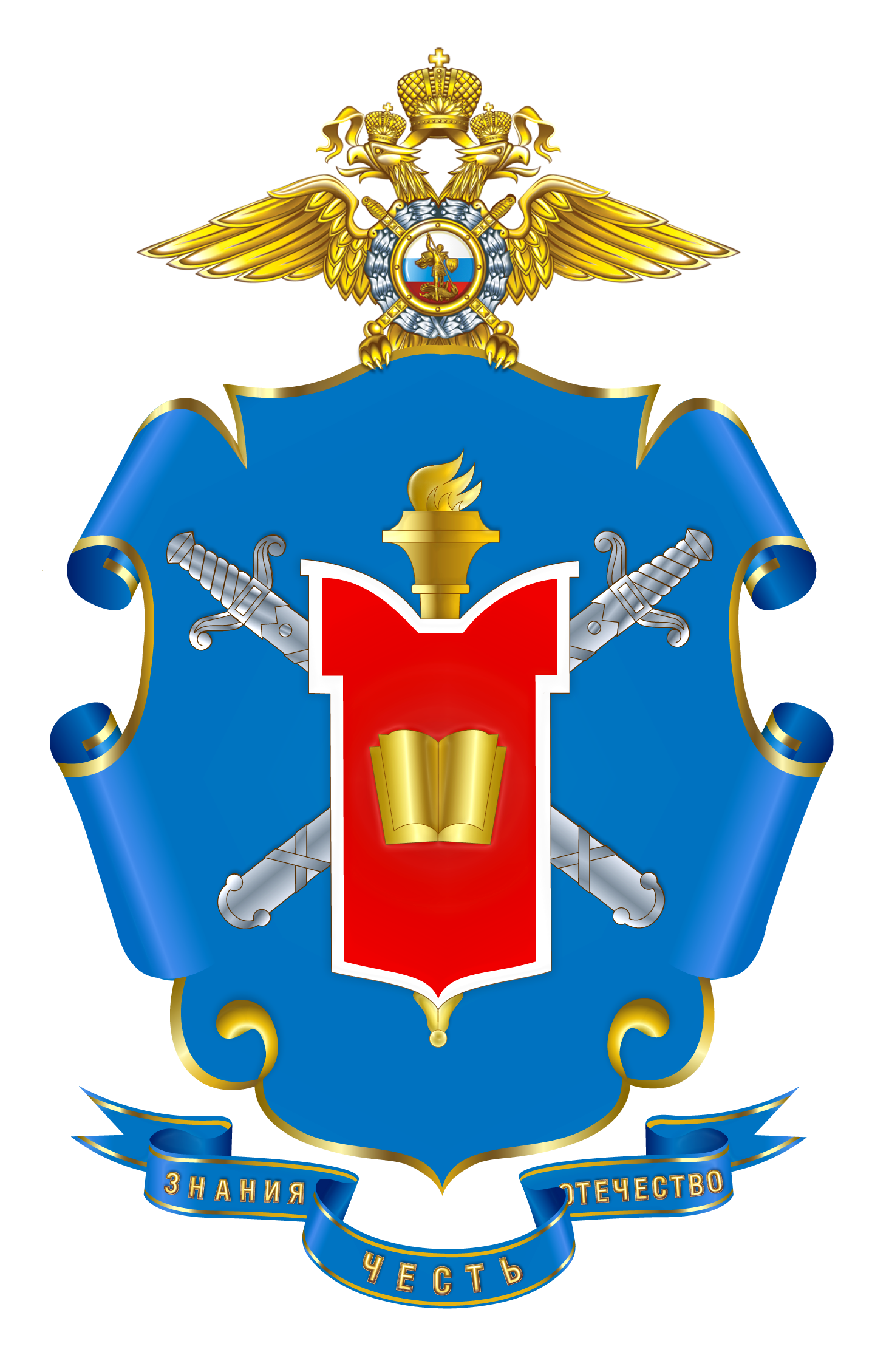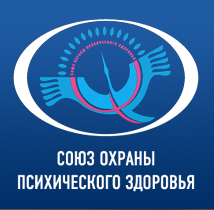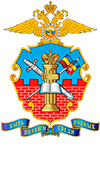‘A Berlin cemetery in autumn. More than a thousand men are crowding between gravestones as a bright coffin is being carried across the meadow. At the same time, armed policemen are standing against the walls and control what is happening. Because this is no ordinary funeral. Among the funeral participants are the most dangerous people of Berlin, members of biker gangs, chiefs of Arab clans, members of Albanian and Chechen gangs’, reports the Swiss newspaper Tages-Anzeiger.
Nidal R. did not die naturally. He was shot – moving in the circles of criminal families, he made deals with the wrong people.
‘The Arab mafia phenomenon has occupied the Berlin authorities since the early 1980s’, states the journalist Verena Mayer. ‘Then, during the Lebanon War, numerous Lebanese as well as Kurds and stateless Palestinians fled to Germany.’
‘Since then, in Berlin there are from 10 to 12 criminal Arab clans, they commit 20-25% of all organized crime offences. (…) If initially the clans earned mainly by extortion and selling drugs, then recently they have become participants in high-profile criminal cases. So, in 2017, members of one family stole a 100-kilogram gold coin from the Bode-Museum in Berlin,’ the article says.
‘The problem is not only that the clans commit professionally planned serious crimes but also that their activities are increasingly moving into the legal zone. They make large-scale investments in houses, apartments and land plots. (…) It is difficult to conduct investigations in their environment. Cash flows are hidden and there are no informants.’
‘Clans have also become part of popular culture due to the series «4 Blocks» that tells about the machinations of the Hamady family. (…) This series has become a cult hit,’ Mayer notes. ‘Not only for its fans but also for those in question: Mafiosi like the way they are presented on the screen so much that they imitate the characters in the film.’
This can be confirmed by Kida Ramadan, a Berlin-based actor whose role as the head of the clan Toni Hamady brought him international fame. When he walks around his old neighborhood in Neukölln, sometimes young people come up to him on the street and ask: ‘Can I work for you, Toni?’
Translated by Elizaveta O. Ovchinnikova





